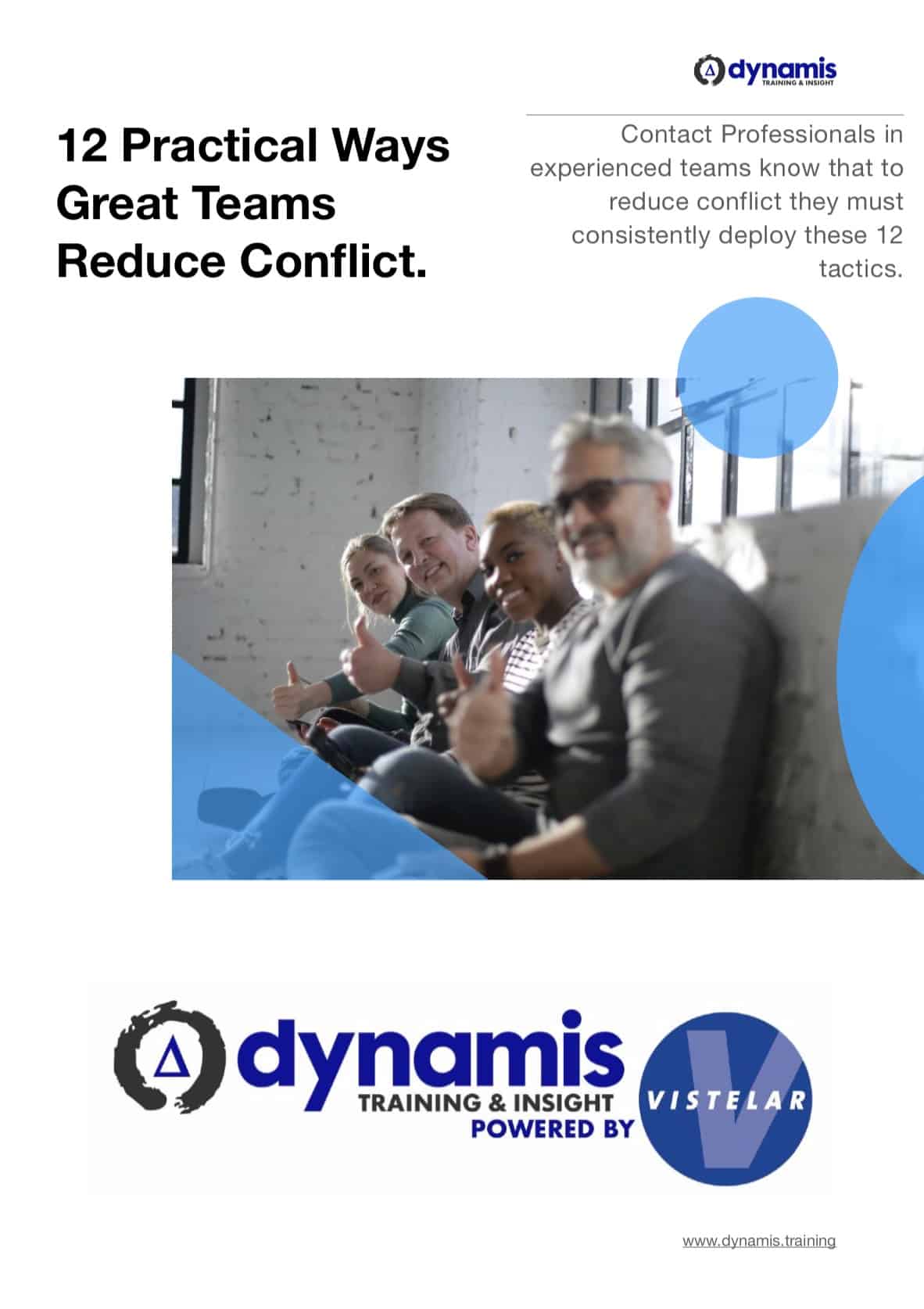Hospital Violence Programmes and the provision of Information to provide Clarity
On entering A&E people want more information on the following:
- initial expected waiting times;
- changes to expected waiting times;
- reasons for changes (for example, intake of serious road traffic accidents);
- alternatives to A&E (where they can get treatment instead);
- their condition and priority in the queue. – NHS ESTATES
In busy Emergency Departments, it has been the practice of some hospitals in the USA to run volunteer programs for medical students and other interested people to be inducted into and trained in order to become Emergency Room Ambassadors as a key ingredient of their Hospital Violence Programmes to reduce incident frequency and severity.
Serving in a purely customer-service function, they carry out duties as follows within Hospital Violence Programmes:
- Welcoming attending clients
- Explaining in basic terms the Triage process
- Assisting visitors to proceed to the right place
- Facilitating patient flow within the ED
- Specifically attending to frustrated patients with clarity and attention
- Data collection (satisfaction surveys or reporting)
- Escorting Patients
- Maintaining the waiting areas
- Observing and monitoring deterioration in condition or behaviour
It may be possible that a ‘bank’ of staff from other areas of the hospital (where the workload is steadier and less changeable in the short-term) could be created and trained to respond in this Ambassador Role at peak times in the ER.
This could have a beneficial impact on nurse productivity and also patient and visitor flow in regards to the access-control issues mentioned in our earlier blog post on this topic.
The Emergency Department is a busy place. Diagnoses, treatment plans and test results are often relayed to patients and families briefly and quickly, which may generate stress, anxiety, uncertainty and questions after the provider has left the room. In some cases, patients and families may wait a significant period of time before receiving updates, which can result in frustration and fear.
The goal of the Emergency Department Ambassador Program is to provide patients and families with an additional resource person (ambassador) who will have the time to convey and repeat information from the medical care team, due to the fact that the ambassador will not have any clinical responsibilities in the ED.
The ambassador will also serve as a conduit for any newly developed questions or concerns patients or families may have, and the student will then convey these issues to the medical care team in order to expedite appropriate action. The medical student will be able to provide a familiar face to soothe anxiety and frustration, and will facilitate a connection between the patient/family and the health care team.
University of Wisconsin Hospital- Ambassador Programme Job Description
We recommend hospitals explore how ER Ambassadors might be trained and prepared to create a customer-service ‘buffer’ for the ER staff, especially during peak periods to enhance their Hospital Violence Programmes.
Gerard O’Dea is a conflict management, personal safety and physical interventions training consultant. He is the training director for Dynamis, a specialist provider of personal safety and violence management programmes and the European Adviser for ‘Verbal Defense and Influence’, a global programme which addresses the spectrum of human conflict. www.dynamis.training
Learn more about our Hospital Violence Reduction Programmes: https://www.dynamis.training/conflict-management/3028-2/



